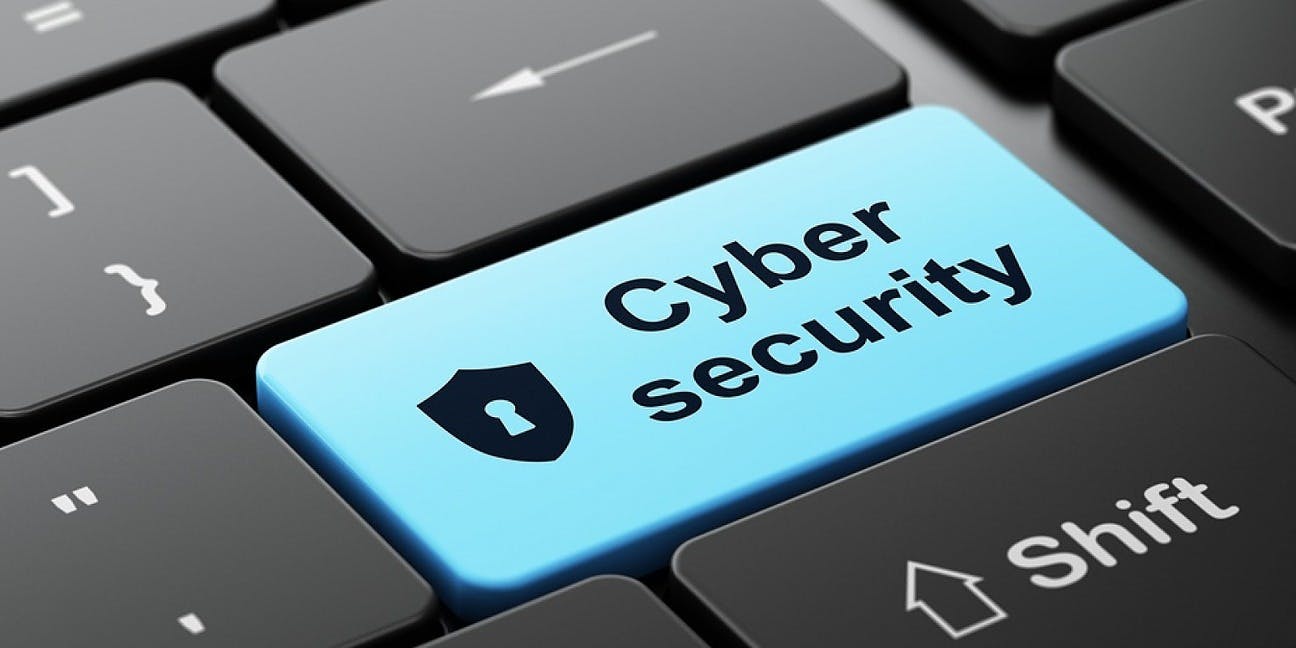2,476 reads
We Need to Talk About Nigeria and Cybersecurity
by
August 7th, 2019
I’m a Enthusiast with passion in problem solving, a life-long-learner who always loves to share....
About Author
I’m a Enthusiast with passion in problem solving, a life-long-learner who always loves to share....
